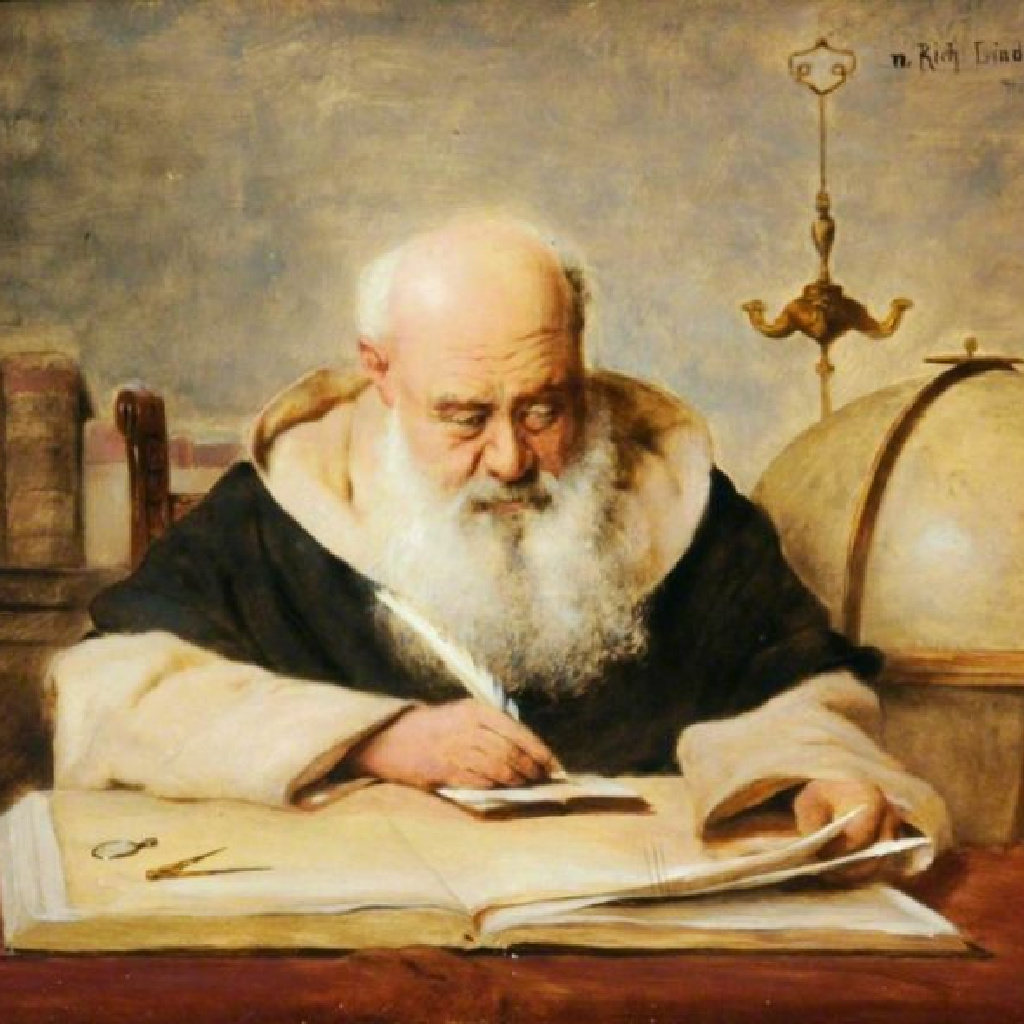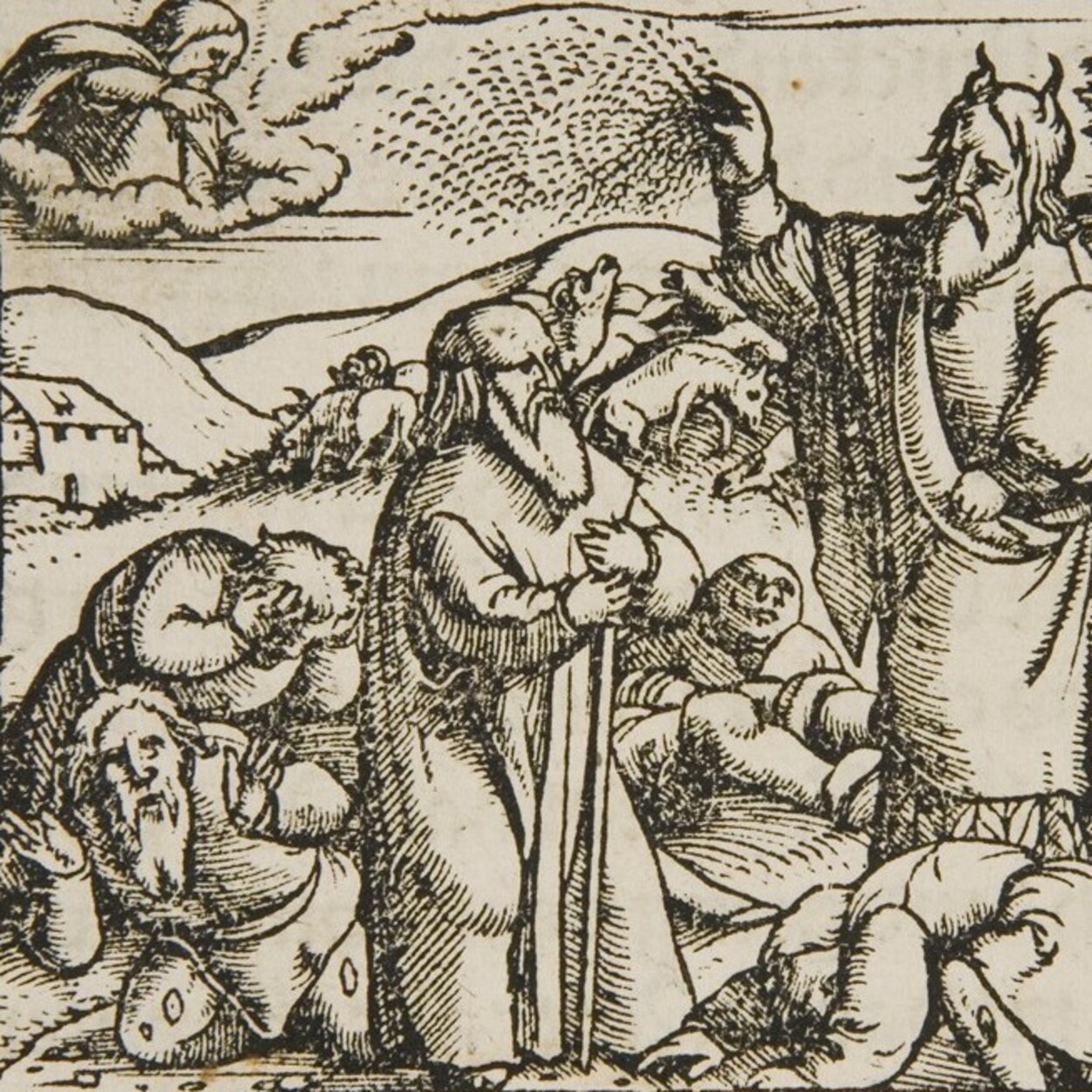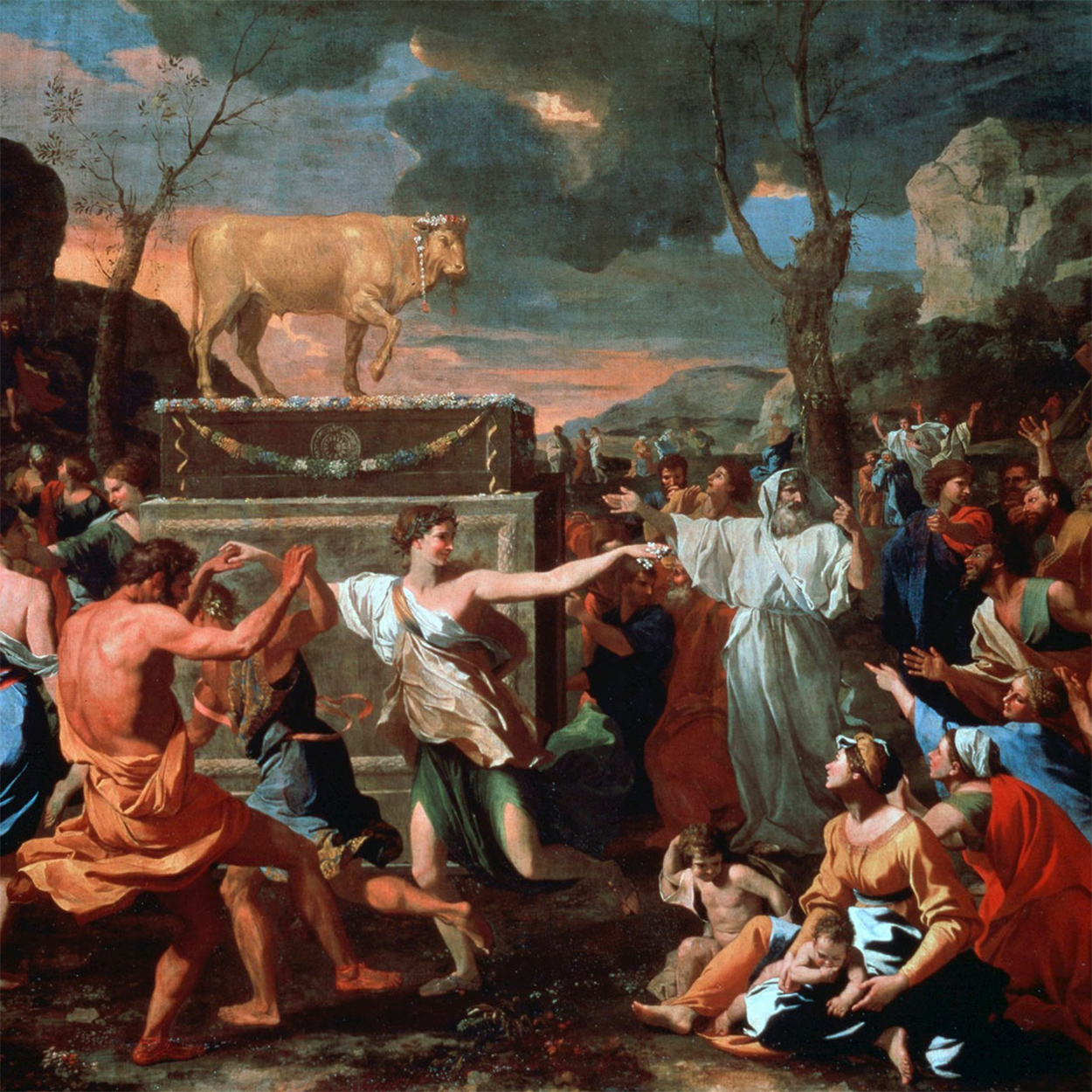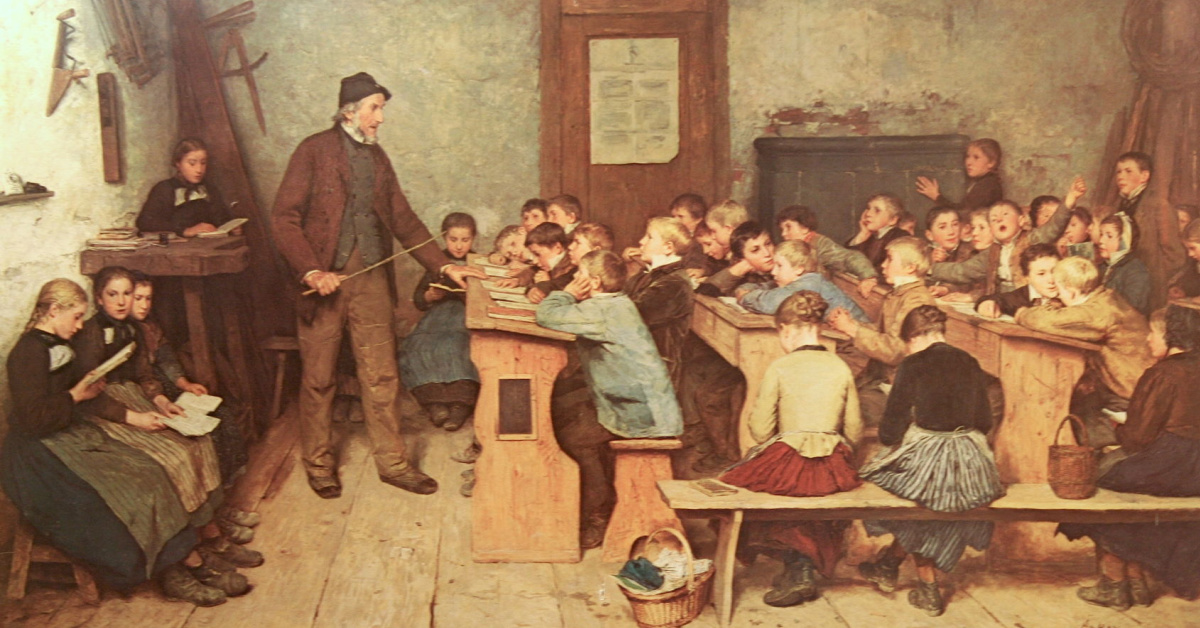
Encouraging Disciple-Scholars in the Social Sciences
Many believers have distanced from sacred conviction in order to be “neutral” researchers – without recognizing the alternative worldview they are embracing. There is a better way.

Many believers have distanced from sacred conviction in order to be “neutral” researchers – without recognizing the alternative worldview they are embracing. There is a better way.

Most students of psychology embrace the prevailing assumptions of the field as a starting point towards examining other things in their lives, such as faith. What if we did the opposite?

Selectively choosing to end the life of a fetus out of concern for that baby’s future presumes the very notion that many abortion advocates often deny: that is, that this fetus is, in fact, a person—and someone whose quality of life (and existence itself) matters as much as it does for any of us.

Does religious commitment by a scientist or university corrupt the neutral scientific process? Only if you’ve come to believe a popular myth about science itself.

During a pandemic, it’s tempting to think that it is somehow misguided to be focusing on education. C.S. Lewis boldly and beautifully suggests otherwise.

When an idea becomes popular enough, however bad it may be, it can seep into all sorts of things—even precious, sacred parts of our lives.

That this thing called “sexuality” ought to dictate much of our lives is hardly questioned anymore, including among Christians. But is this right or true?

We often find ourselves profoundly shaped and grounded by secular liturgies without ever fully considering their logical, moral, or spiritual implications.

Our worldview shapes everything we see. Yet what shapes our worldview is often hardly noticed—including secular messaging deeply corrosive to faith.

Doubts about faith are everywhere. But little scrutiny goes to taken-for-granted secular assumptions that set the stage for these same doubts. Why is that?